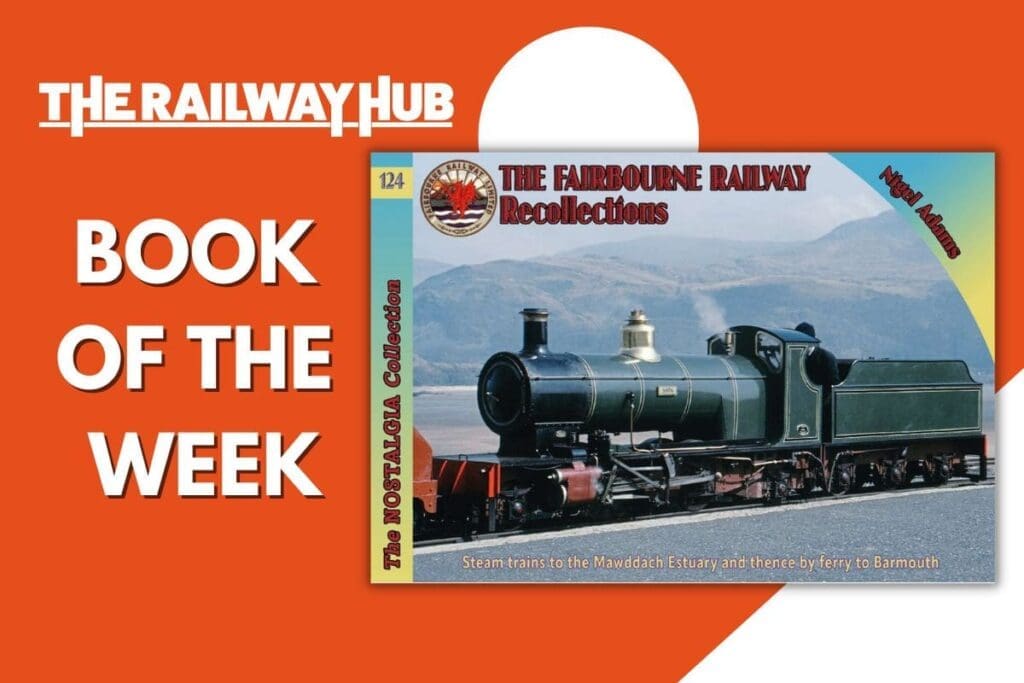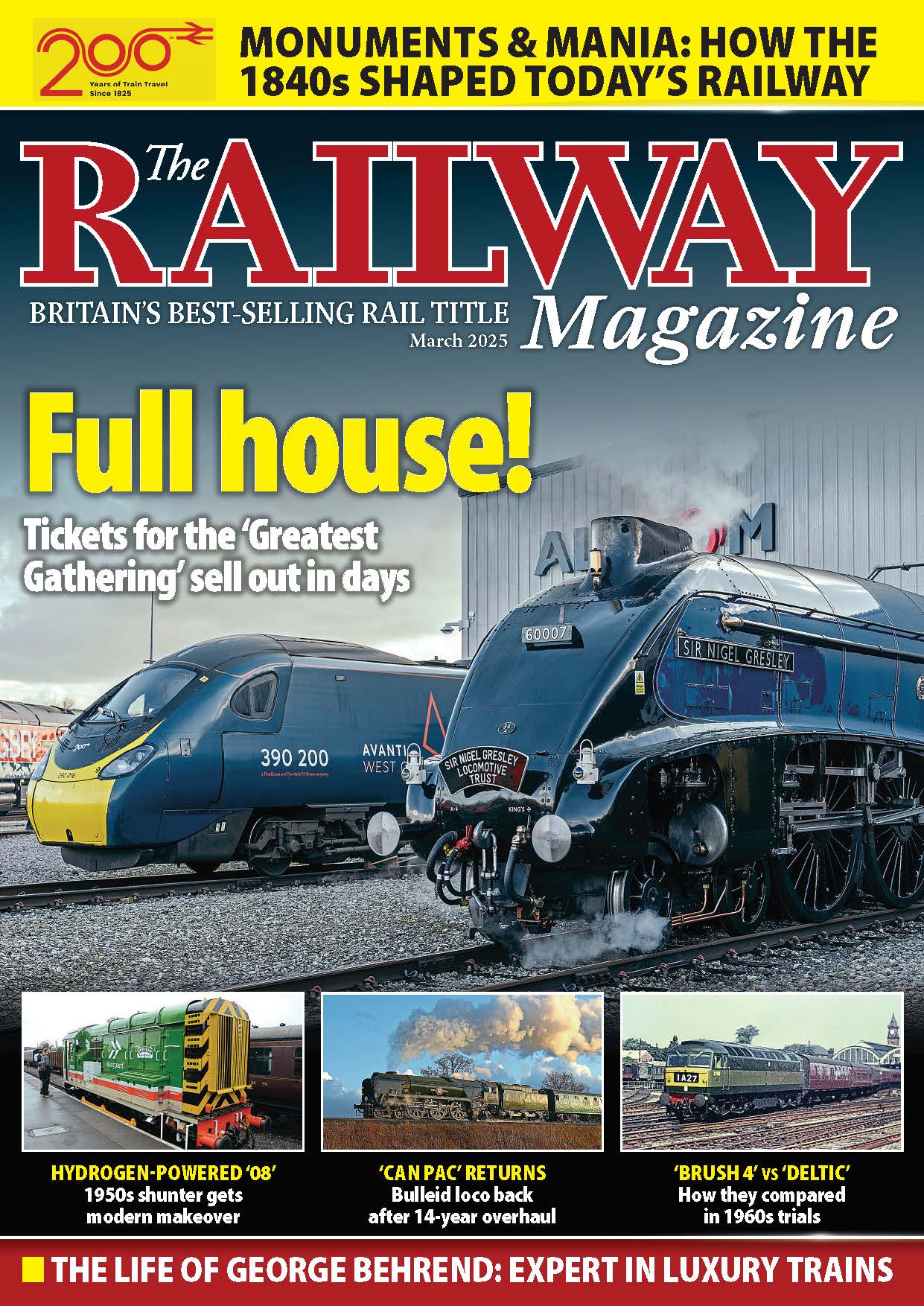Our latest Book of the Week is the fascinating The Fairbourne Railway by Nigel Adams, available now!

The railway runs from Fairbourne on the Mid-Wales coast to Barmouth Ferry station where, tides permitting, there is a connecting ferry boat to take passengers across the Mawdach Estuary to Barmouth.
The Railway is two miles long and opened in 1895 as a horse-drawn construction tramway of 2ft gauge. ln 1916 the line was converted to 15in gauge by Wenman Joseph Bassett-Lowke of Narrow Gauge Railways Ltd. The train consisted of a Bassett-Lowke locomotive named Prince Edward of Wales and four open-top coaches. Between the First and Second World Wars, the railway had mixed fortunes and its ownership changed a number of times. It closed in 1940 but was rescued six years later by a group of Midlands businessmen and reopened in 1947. The ‘leading light’ in this rescue was John Wilkins who seems to have funded the redevelopment and the purchase of some new steam locomotives.
Monthly Subscription: Enjoy more Railway Magazine reading each month with free delivery to you door, and access to over 100 years in the archive, all for just £5.35 per month.
Click here to subscribe & save
The Railway’s ‘heyday’ was in the 1960s and early 1970s but its fortunes declined from the mid-1970s onwards. ln 1984 it was sold to John Ellerton who spent a lot of money regauging the track to 12.25in and introducing four new steam locomotives. All of these locos are half-size replicas of narrow gauge engines. ln 1990 the line was put up for sale again and during the five years until 1995, when it was sold, it deteriorated dramatically.
Professor Tony Atkinson and Dr Roger Melton bought it in April 1995 and their wives were also appointed as directors. They invested a considerable amount of money improving the track and locomotives. In 2008 the ownership was transferred to a charity – the North Wales Coast Light Railway Ltd. Professor Atkinson continued to subsidise the operation of the railway but that ended when he died in June 2011 and so, again, the railway’s future was in doubt. However, the formation of the Fairbourne Railway Preservation Society enabled it to continue to operate. The society’s members are actively involved in the running of the trains, the maintenance of the locos, rolling stock, track and infrastructure.
It is now a charming and attractive tourist destination as well as being of interest to railway enthusiasts. If you have never visited the Fairbourne Railway, make it a priority – you won’t be disappointed, as the collection of superb full colour images presented within this new volume shows!
You can purchase a copy of this brilliant book now from Mortons Books.




